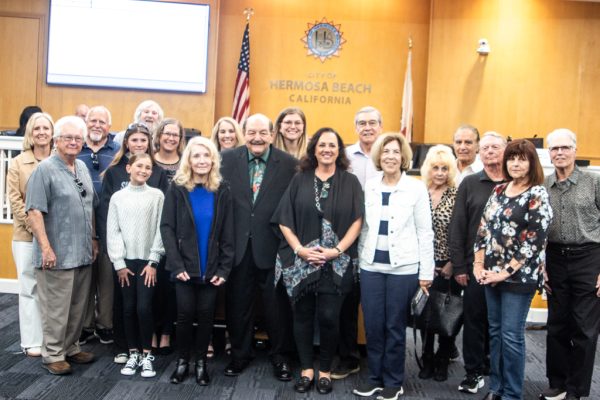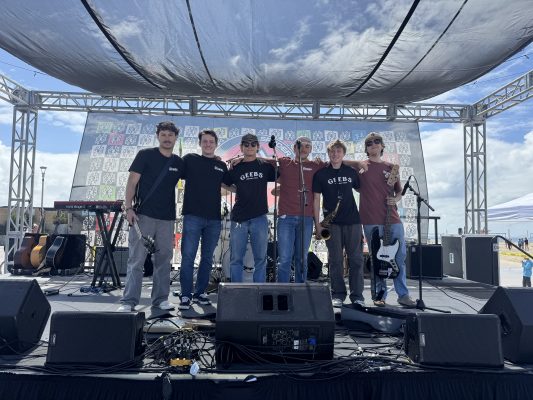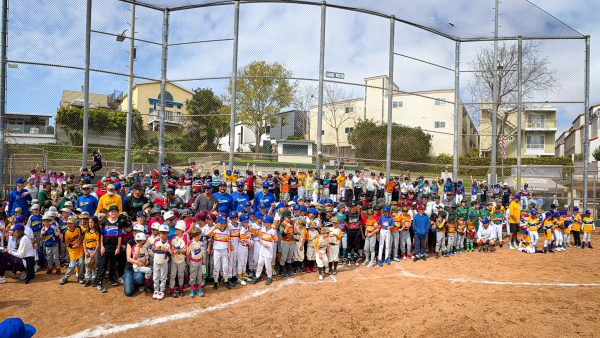In current global mobility, the pursuit of professional opportunities often entails relocating across borders. The United States, with its thriving economy and diverse workforce, remains a coveted destination for skilled individuals seeking to advance their careers. Employment-based visas provide a pathway for foreign nationals to contribute their talents to American companies and institutions. Yet, for many, this journey is not undertaken alone. It involves uprooting families, navigating complex immigration processes, and ensuring loved ones can share in the pursuit of the American dream. Consulting with an immigration lawyer Chicago can be invaluable in understanding the intricacies of family-based sponsorship and ensuring a smooth transition for the whole family.
In this article, we will learn more about family-based sponsorship within the context of employment-based immigration. We will explore the various visa categories and pathways available for spouses and children of employment-based visa holders, shedding light on the requirements, benefits, and challenges associated with each option. Whether you are an individual seeking to reunite with your family or an employer looking to attract and retain top talent, understanding these sponsorship options is paramount.
Understanding Derivative Visas: The Foundation of Family Sponsorship
When a principal applicant receives an employment-based visa, their spouse and unmarried children under the age of 21 may be eligible for derivative visas. These visas, categorized as E-1, E-2, E-3, H-4, L-2, or O-3 depending on the principal applicant’s visa type, allow family members to accompany or join the principal applicant in the United States. While derivative visas don’t grant employment authorization in all cases, they do provide a legal status and the opportunity to reside in the U.S. with their family.
Derivative visas offer numerous benefits to families of employment-based visa holders. They facilitate family unity, allowing spouses and children to live together and support each other during their time in the U.S. Children can enroll in American schools, spouses can pursue educational or vocational opportunities, and families can create a sense of normalcy and stability in their new environment.
While derivative visas offer a pathway to family reunification, you have to be aware of the associated challenges and limitations. The processing times for derivative visas can vary depending on the visa category and current backlogs. Certain visa types may have restrictions on employment authorization for spouses, necessitating careful financial planning. Additionally, maintaining valid derivative status requires adherence to specific rules and regulations, and any changes in the principal applicant’s visa status can impact the eligibility of their dependents.
Sponsorship Options for Spouses and Children
H-4 Visa: For Spouses and Children of H-1B Visa Holders
The H-4 visa is the most common derivative visa, granted to spouses and children of H-1B visa holders. While H-4 visa holders were traditionally not eligible for employment authorization, recent changes have opened doors for certain spouses to obtain work permits through the H-4 EAD program. This program allows spouses of H-1B visa holders who have approved I-140 petitions to apply for employment authorization.
L-2 Visa: For Spouses and Children of L-1 Visa Holders
Spouses and children of L-1 visa holders are eligible for L-2 visas. L-2 spouses can apply for employment authorization through an EAD, granting them the flexibility to pursue professional opportunities in the U.S. This can be particularly beneficial for couples seeking dual-income households or spouses with their own career aspirations. It is advisable to consult with an employment immigration lawyer to understand the specific requirements and procedures for obtaining an L-2 visa and EAD.
E-1, E-2, and E-3 Derivative Visas
Spouses and children of E-1, E-2, and E-3 visa holders are eligible for corresponding derivative visas. E-1 and E-2 spouses can apply for employment authorization, providing them with additional options for contributing to the household income or pursuing their own professional interests.
O-3 Visa: For Spouses and Children of O-1 Visa Holders
Spouses and children of individuals with extraordinary ability or achievement in the sciences, arts, education, business, or athletics who hold O-1 visas are eligible for O-3 visas. While O-3 visa holders are not eligible for employment authorization, they can accompany their family members and pursue educational opportunities in the U.S.
Green Card Sponsorship: A Path to Permanent Residency
In some cases, employment-based visa holders may be eligible to sponsor their spouses and children for green cards through employment-based categories. This typically involves the employer filing a petition on behalf of the principal applicant, and once approved, their dependents can also apply for green cards.
If the principal applicant becomes a U.S. citizen or lawful permanent resident, they may be able to sponsor their spouse and children for green cards through family-based categories. This process, while offering a pathway to permanent residency, can involve lengthy processing times and specific eligibility requirements.
Seeking Professional Guidance
Navigating the complexities of family-based sponsorship in the context of employment-based immigration requires expertise and meticulous attention to detail. An experienced immigration lawyer can provide invaluable guidance throughout the process, ensuring compliance with all regulations, preparing and filing necessary applications, and advocating for your family’s best interests.
If you are an employment-based visa holder seeking to sponsor your spouse or children, or if you are an individual considering employment-based immigration and have questions about family sponsorship, consulting with a qualified immigration lawyer is highly recommended. An employment immigration lawyer specializes in these matters and can provide tailored advice based on your specific circumstances.
In certain situations, particularly for individuals with extraordinary abilities or achievements seeking an EB-1 visa, an EB1 visa lawyer may be particularly beneficial. These attorneys have in-depth knowledge of the specific requirements and complexities associated with this visa category, maximizing your chances of a successful outcome.
Conclusion
Family reunification is a fundamental human aspiration, and the U.S. immigration system recognizes the importance of keeping families together. The availability of derivative visas and green card sponsorship options for spouses and children of employment-based visa holders provides a crucial pathway for achieving this goal. However, navigating the intricate web of immigration laws and regulations can be daunting.
Seeking the guidance of a knowledgeable family immigration attorney can significantly streamline the process and increase the likelihood of a successful outcome. Whether you are an individual embarking on a new career opportunity in the U.S. or an employer looking to attract and retain top global talent, understanding the nuances of family-based sponsorship is essential.
Remember, every family’s journey is unique, and a qualified immigration lawyer can provide the personalized support and expertise needed to navigate this complex process and achieve your family reunification goals.










